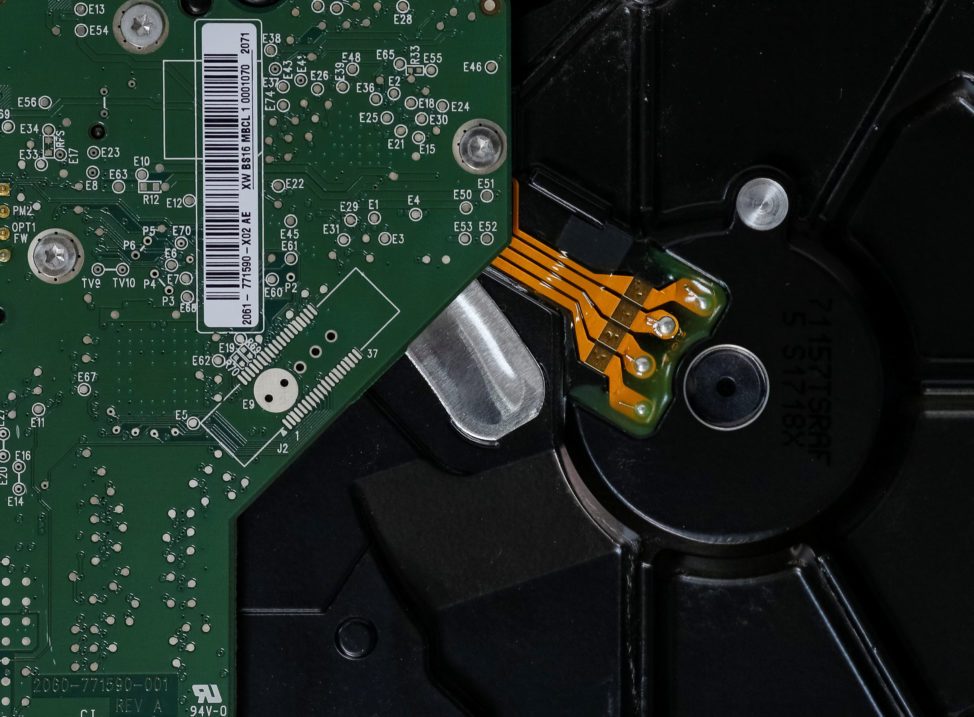Today’s Tech Sightings:
World’s Smallest Hard Disk Stores Data Using Chlorine Atoms
Researchers at Delft University of Technology in the Netherlands have created the world’s smallest hard drive – a rewritable device that stores up to 500 terabits per square inch. This is enough room to store all the books ever written. The technique uses chlorine atoms to find the most efficient storage mechanism. The atoms on the surface of the device represent the computer’s binary code.
Despite War, This Ukrainian City’s Tech Sector Has Tripled in Six Years
The Ukrainian city of Lviv has become a magnate for tech companies despite struggling with political turmoil following Russia’s annexation of Crimea two years ago. About two percent of the city’s population are employed as IT professionals, and the emphasis on outsourcing has created a thriving tech sector that has attracted American, Canadian and European tech companies.
Snapchat Finds a Way to Use Facial Recognition to Protect Privacy
Smartphone messaging firm Snapchat has just patented new technology that uses facial recognition to scrutinize whether a scanned photo should be shared without permission. Depending on how the algorithm works and detects pictures, the feature might even be able to edit an image to protect the privacy of the subject.
More:
- Russian Security Firm Denies Links to Carbanak Trojan
- FBI Accused of Using Outdated IT to Foil FOIA Requests
- Breaking Taboos, Indian Sexual Assault Survivors Use Snapchat Filters to Tell Their Stories
- Criminals Plant Banking Malware Where Victims Least Expect It
- A Healthcare Hacker Is Pressuring Victims to Pay Up
- United States Joins Case Over Facebook Data Transfers From EU
- Google’s Latest Transparency Report Shows Record Government Data Requests
- $32 Billion Buyout of ARM Is Giant Bet on Internet of Things
- Seagate Launches 10TB Hard Drives
- You Are What You Tweet: US Is Tired, Italy’s in Love, Australia Is All Good
- China Surpasses US in iOS Game Revenue for the First Time
- Report: Pokemon GO Launching in Japan Wednesday

